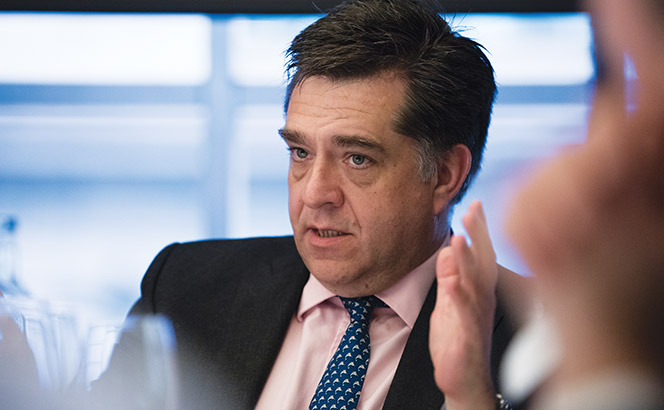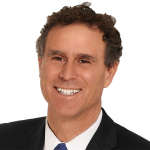RPC posted muted revenue growth for 2019/20 following changes to the firm’s practice lines, its latest financial results reveal, while profit per equity partner (PEP) saw a slight dip.
Turnover at the insurance and litigation specialist rose 1% to £110.1m, with the firm’s commercial & financial markets disputes, insurance, and technology & media practices among the primary drivers of growth as the financial year closed. PEP, meanwhile, fell 4% to £424,000, albeit after a striking 27% rise last year to £442,000 off the back of a contraction in the firm’s equity partnership.
Revenue growth is slightly down on 2018/19 when the firm managed to increase like-for-like revenues 4% after recording its first full financial year since the selling of half of its management consulting arm. However, the firm reports that after removing its now departed UK construction & projects practice and Hong Kong marine practice from the equation, revenue growth for the past financial year is a pacier 7%.
RPC has undergone a series of structural changes in recent years. In addition to streamlining its practice and selling a chunk of its consulting business, the firm also announced in a surprise move last year it would be ditching its all-equity partnership structure to introduce fixed-share partners and salaried partners for the first time. Meanwhile, the firm also confirmed its new senior partner last month, with Oliver Bray assuming the role on a three-year term replacing commercial disputes partner Rupert Boswall.
However, the firm shrugged off the uncertainty of 2020 to start the year in an expansive fashion, recruiting a new restructuring and insolvency team in London from DWF before promoting 15 partners globally in May – an increase of six on last year.
Attention will now turn to how RPC approaches the year ahead. Comments managing partner James Miller (pictured): ‘We finished the financial year very much on the front foot, and revenue generation levels have remained high during lockdown. Looking ahead, we have started the new financial year as positively as we ended the last one and I remain very optimistic that the future – despite considerable economic and political uncertainties and the challenges faced from Covid-19 – will bring exciting new opportunities with existing clients as well as new.’













